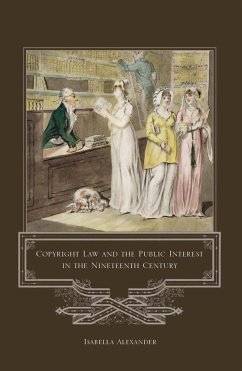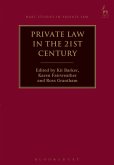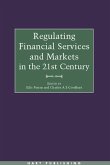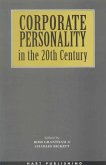Copyright law is commonly described as carrying out a balancing act between the interests of authors or owners and those of the public. While much academic work, both historical and contemporary, has been done on the authorship side of the equation, this book examines the notion of public interest, and the way that concepts of public interest and the rhetoric surrounding it have been involved in shaping the law of copyright. While many histories of copyright focus on the eighteenth century, this book's main concern is with the period after 1774. The nineteenth century was the period during which the boundaries of copyright, as we know it today, were drawn and ideas of "public interest" were integral to this process, but in different, and complex, ways. The book engages with this complexity by moving beyond debates about the appropriate duration of copyright, and considers the development of other important features of copyright law, such as the requirement of legal deposit, the principle that some works will not be subject to copyright protection on the grounds of public interest, and the law of infringement. While the focus of the book is on literary copyright, it also traces the expansion of copyright to cover new subject matters, such as music, dramatic works and lectures. The book concludes by examining the making of the 1911 Imperial Copyright Act - the statute upon which the law of copyright in Britain, and in all former British colonies, is based. The history traced in this book has considerable relevance to debates over the scope of copyright law in the present day; it emphasises the contingency and complexity of copyright law's development and current shape, as well as encouraging a critical approach to the justifications for copyright law.
Bitte wählen Sie Ihr Anliegen aus.
Rechnungen
Retourenschein anfordern
Bestellstatus
Storno









